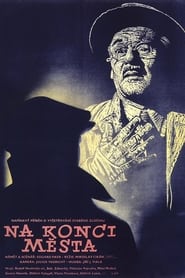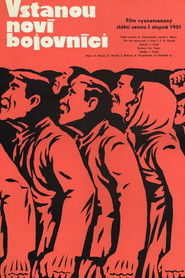detail profile zbyn c4 9bk brynych
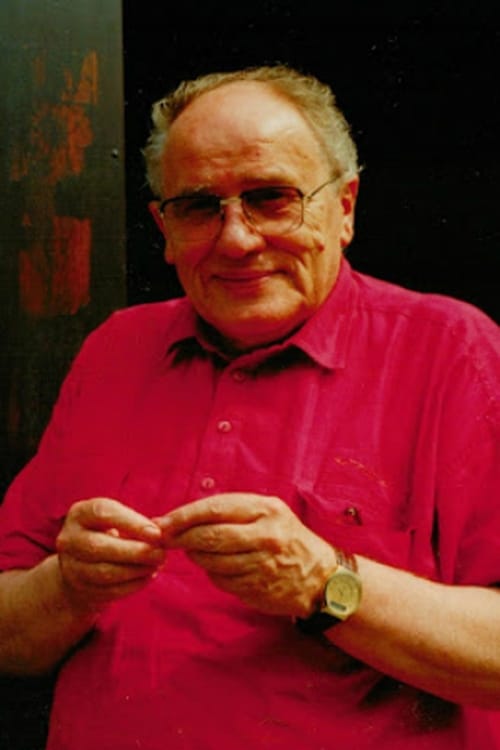
Zbyněk Brynych
Zbyněk Brynych
atau dikenal sebagai
Peran Yang Di Mainkan Zbyněk Brynych
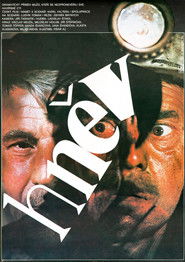 Sunday in September 1977 a celebration of...
Sunday in September 1977 a celebration of...Hněv 1978
Sunday in September 1977, a celebration of the Miners Day. The old Hepnar is sitting at the cemetery and is recalling events from ten years ago. That time the representative of the ministry Barvír announced at the miners meeting that mining in the mines would decrease. He reasoned this decision by the fact the deposits of coal are almost used up. The boss of the mine and most of the miners protested. Barvír did not take their critical objections into account. He announced at the communist district meeting the closure of the business as the mine according to new economic principles did not prosper.
 A musical comedy about a date...
A musical comedy about a date...Romance for a Crown 1975
A musical comedy about a date between boy and girl which started badly but continued very unexpectedly...
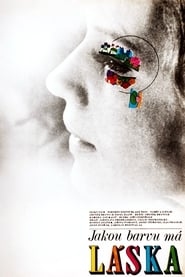 Cyril Dadk Vclav Postrneck a TV...
Cyril Dadk Vclav Postrneck a TV...Jakou barvu má láska 1974
Cyril Dadák (Václav Postránecký), a TV reporter falls in love at first sight with a young engineer Milena (Jaroslava Obermaierová) while he makes a reportage in a chemical factory. Milena has been dating for several years with a test driver Pavel (Rudolf Jelínek), however when she meets Cyril she feels that he might be the Mr Right. She accepts Cyril's invitation for a date and she spends a night with him. In the morning she finds in her flat Pavel. She wants to explain to him everything but Pavel makes coffee with a smile and gives her back the keys from the flat.
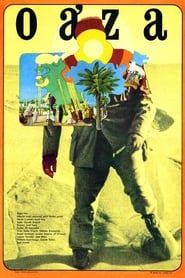 The year is 1943 The war is...
The year is 1943 The war is...Oasis 1972
The year is 1943. The war is raging between the Germans and the Allies in North Africa. A truck with a Czech crew, Lieutenant Navara and six soldiers, escapes from the Foreign Legion fortress. Their aim is to reach the Allies and fight against Nazism. The truck is destroyed by a German army plane, which is hit by enemy fire in its turn. One Czech soldier dies in the attack, the driver is badly wounded, and Navara has serious burns on his face. The group has very little water and must reach an oasis that is 60 km away.
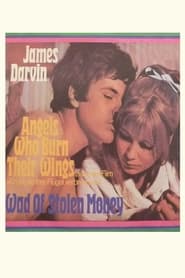 Munich at night Robert Susmeit a 16...
Munich at night Robert Susmeit a 16...Angels Who Burn Their Wings 1970
Munich at night: Robert Susmeit, a 16-year-old teenager who is jealously obsessed with his mother Hilde, traces her and her latest lover at a mundane apartment building where he kills the man in the heat of the moment at a swimming pool. His fatal outburst is secretly witnessed by Moni Dingeldey, a girl of the same age as his. Fascinated by the shaken and devastated strange boy who she hopes to be a soul-mate, she hides Robert in her mother's apartment. Meanwhile, a crowd of policemen and reporters frantically comb through the building in search a murderer whose identity is known only to Robert's parents who are searching as well...
 Using the same three times repeating...
Using the same three times repeating...Dialogue 20-40-60 1968
"Using the same, three times repeating dialogue – dramatic conversation between man and woman – Jerzy Skolimowski from Poland, Slovak director Peter Solan and Czech director Zbynìk Brynych shot three different stories. The result was an extraordinary experiment in the world cinema, which we can call an insight in the relationships of men and women of different age groups, an analysis of love and marriage of those who are at the beginning, in the middle or going towards the end of their life."
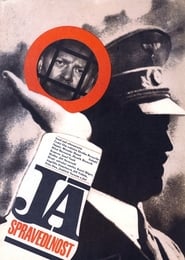 At the year 1946 the time of...
At the year 1946 the time of...I, Justice 1968
At the year 1946, the time of the Nuremberg Process. One of the main actors of the Second World War, who reportedly committed suicide, Adolf Hitler is, however, missing. The Czech doctor Herman (Karel Höger) is kidnapped from Prague and driven to the sanatorium of Professor Rolf Harting (Jirí Vrstála). The sanatorium is a disguised military stronghold, most probably occupied by a Nazi garrison, with prison cells and an execution chamber in the basement. At night, Herman is taken to a patient in whom he, to his horror, recognizes Hitler (Fritz Diez).
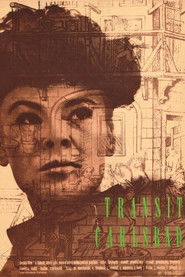 Even in the enlightened 60 years filmmakers...
Even in the enlightened 60 years filmmakers...Transit Carlsbad 1966
Even in the "enlightened" 60. years filmmakers like to play spies. In the grand-world environment, Luxury hotel in Karlovy Vary the sophisticated charade unfolds, in which several foreign agents interested in the famous Austrian scientist, the discoverer of the artificial protein. Endangered man fortunately never notice danger around him. His protection was entrusted to the mysterious madame Elizabeth, amongst agents famed as the ' 006, in fact, working for the State security... As a parody, perhaps the movie succeeded, but hardly convincing anyone - and this is despite scriptwriting participation of the renowned Jan Procházka.
 Czechoslovakian Zbynek Brynych directs this psychological...
Czechoslovakian Zbynek Brynych directs this psychological...Transport from Paradise 1963
Czechoslovakian Zbynek Brynych directs this psychological drama set in World War II Terezin ghetto. A dark, visual portrayal of the trials and tribulations the Theresienstadt people faced on a daily basis presented in a series of memorable stories. Their hopes and dreams unfold against the perpetual threat of deportation (or worse) by the Nazis. Based on the novel "Night and Hope" by Arnost Lustig.
 A young unmarried woman finds herself...
A young unmarried woman finds herself...A Suburban Romance 1958
A young, unmarried woman finds herself a "little bit pregnant" and she tries to hide this fact from her mother but it isn't long before the truth is obvious.
 A movie directed by Zbynek Brynych
A movie directed by Zbynek Brynych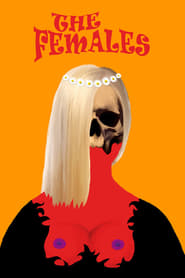 A young woman joins an exclusive...
A young woman joins an exclusive...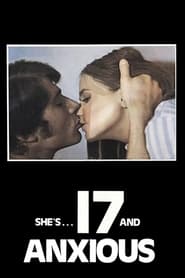 Zbynek Brynychs forgotten masterpiece Oh Happy...
Zbynek Brynychs forgotten masterpiece Oh Happy...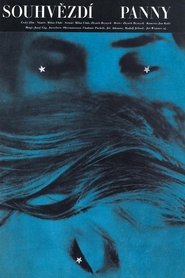
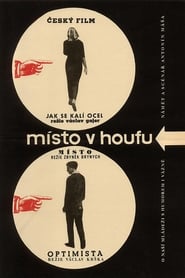 A film in five episodes all...
A film in five episodes all...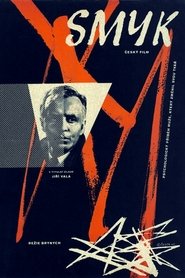 Spy film about a man with...
Spy film about a man with...